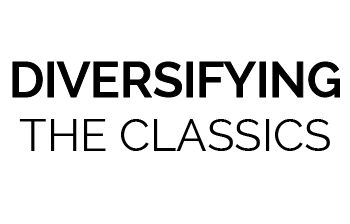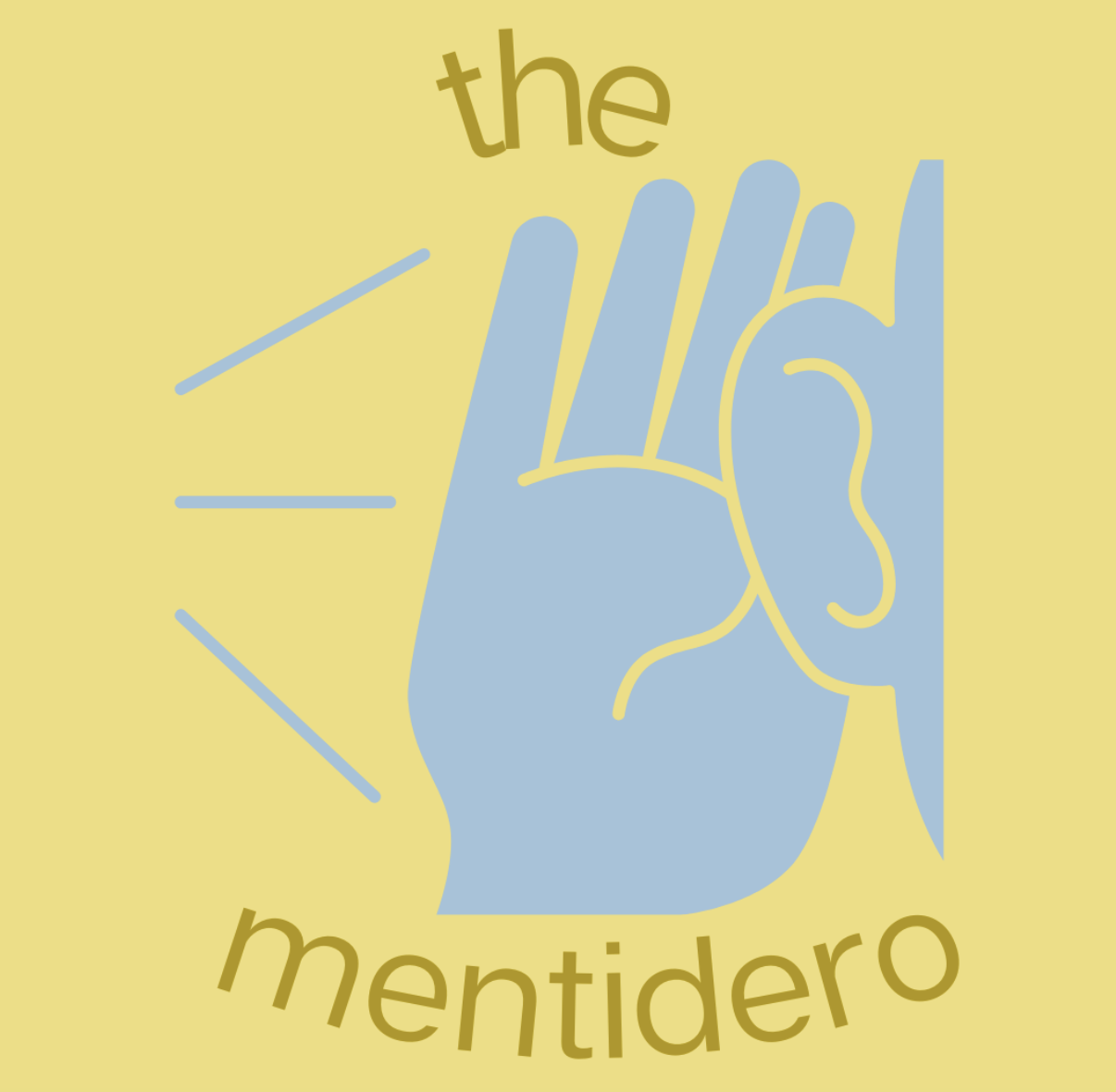Listen to Robin Kello’s Interview with UCLA Professor Michael Hackett Now!
Robin Kello interviews UCLA Professor Michael Hackett for The Mentidero, DTC’s new project which offers the inside scoop on how theater is made through interviews with scholars and theater professionals.
To discuss comedia with UCLA Professor of directing and theater history Michael Hackett is to get a crash course in theatrical genealogy. In this conversation with Robin Kello, Hackett briefly alights on Sophocles, Racine, Beauty and the Beast, Shakespeare, Cupid and Psyche, the Marx Brothers, and Lucille Ball, in order to situate Hispanic Classical Theater in its own rich and distinctive tradition among others.
Bringing his background of directing staged readings of Diversifying the Classics translations to the conversation, Hackett notes the theatrical significance of the lengthy monologues common to the comedia. “The long speeches should not be cut; the whole theatrical experience” is about “watching and hearing the power of speech,” he says, remarking on the value of every element of the monologue within the larger dramatic structure. Directors, he notes, too often contort non-Shakespearean drama such as the comedia into knots to make it more like Shakespeare. Hackett, on the other hand, believes “it’s not helpful that it’s like Shakespeare, because it’s as different as it is the same.”
Honoring the specific structure of Hispanic Classical Theater, Hackett says, is not merely about quality entertainment—though it is that too—but involves the ethics of performance, for a “kind of theater where we’re all aware with one another.” In the first of a two-part interview with Hackett, the conversation with Kello offers a vibrant sense of the comedia, the genealogy of dramatic tradition from the ancients to the present, and the power of the collective experience of art.
Listen to the full interview here: https://diversifyingtheclassics.humanities.ucla.edu/?page_id=26845&preview=true




No Comments